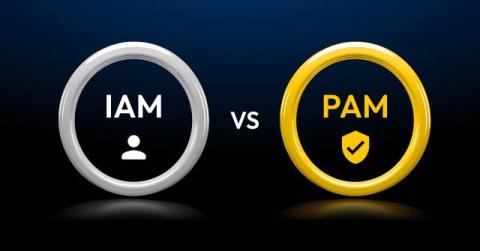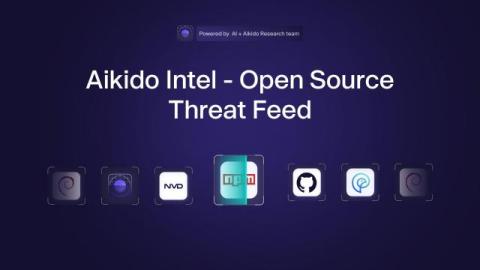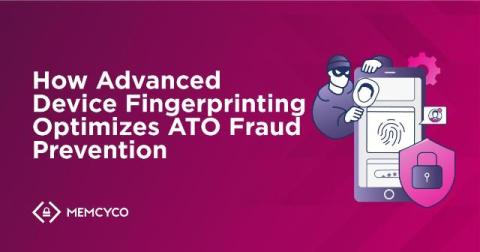94% of U.K. Businesses Aren't Adequately Prepared for AI-Driven Phishing Scams
A new report makes it clear that U.K. organizations need to do more security awareness training to ensure their employees don’t fall victim to the evolving use of AI. Here at KnowBe4, we’ve long known that AI is going to be a growing problem, with phishing attacks and the social engineering they employ far more believable and effective.










